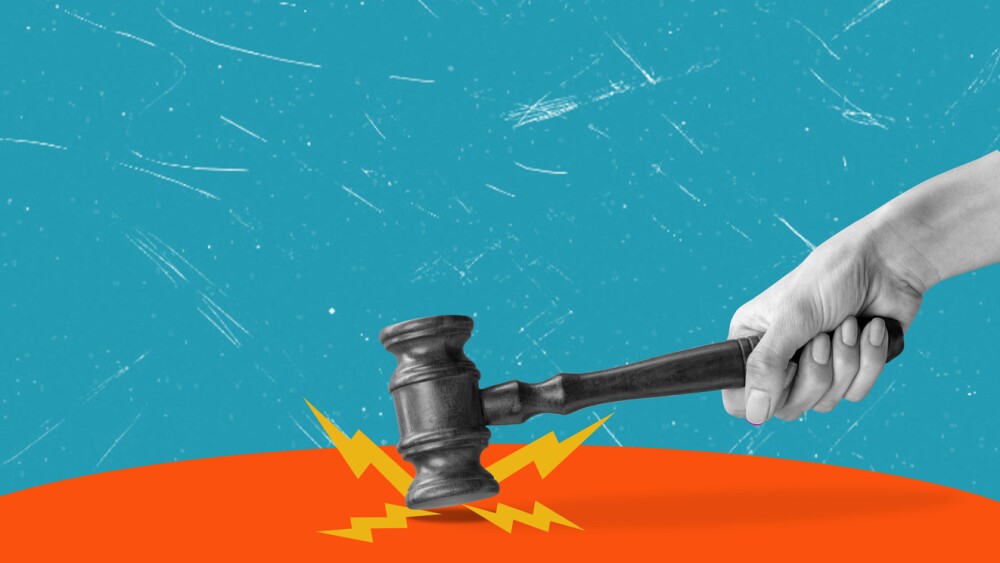The rise of monoclonal antibodies brought back hope for stalling or reversing the devastating neurodegenerative disease. Big Pharma has taken notice with a handful of high-value deals, GlobalData reports.
After Biogen and Eisai achieved approval for the monoclonal antibody Leqembi in Alzheimer’s in January 2023, analysts predicted a rise in investment for biotechs tackling the neurodegenerative disease. According to a new report from Global Data, that’s exactly what happened.
Total M&A deal value in Alzheimer’s has jumped 780% from just $2 billion in 2022 to $18 billion in 2024, according to the analysis firm.
“Large pharmaceutical companies, such as AbbVie and Sanofi, are placing their bets on Alzheimer’s disease through high value acquisitions,” Alison Labya, business fundamentals pharma analyst at GlobalData, wrote in the firm’s report.
The rise of monoclonal antibodies revived hope for actually treating the disease. Prior to the approval of Leqembi—and then Eli Lilly’s Kisunla in July 2024—patients’ only option was Eisai and Pfizer’s Aricept, which managed symptoms only. The two anti-amyloid antibodies are considered the first disease-modifying treatments for Alzheimer’s.
But the companies have struggled to gain a market foothold. Leqembi reportedly had sales of $22.8 million in May, which represents an upward trend, according to a report from Jefferies earlier this month. Eisai and Biogen have had to lower expectations for future sales dramatically. Lilly, which has run into regulatory challenges, collected $11 million in sales for Kisunla in May.
Nevertheless, the approvals renewed biopharma’s interest in finding new options, according to Labya. Investment priorities have shifted to improving efficacy and safety and finding new targets beyond amyloid-beta, she added.
Key deals include AbbVie’s $1.4 billion acquisition of Aliada Therapeutics in December 2024. The biotech brought its Phase I anti-pyroglutamate amyloid beta therapy, ALIA-1758, to AbbVie, which Labya says is differentiated from the approved options thanks to a novel delivery technology that is designed to cross the blood-brain barrier.
For 2025, deal value had already hit $16.8 billion as of May, thanks mostly to Johnson & Johnson’s $14.6 billion buyout of Intra-Cellular Therapies. While the star of that deal was the schizophrenia drug Caplyta, the company also came with a Phase II oral small molecule called ITI-1284 under development for agitation and psychosis associated with Alzheimer’s.
Sanofi also added to the tally with the $470 million acquisition of Vigil Neuroscience in May, reinvigorating the TREM2 pipeline after some previous clinical stumbles.
All of these new approaches could someday find their way into a combination treatment approach with Lilly and Eisai/Biogen’s options, according to Labya.
“The future Alzheimer’s disease treatment paradigm is anticipated to be combinatorial, where novel drugs targeting alternative disease mechanisms, other than amyloid-beta plaques, must demonstrate additive efficacy alongside Leqembi and Kisunla, as well as improved safety, to achieve market success,” she said.
Meanwhile, pharmas have also been signing licensing deals to discover new targets for Alzheimer’s. In December 2024, GSK paid $25 million upfront and offered up to $147.6 million per target later on to access Muna Therapeutics’ MiND-MAP platform to find new Alzheimer’s drugs.
New biotechs have also emerged to tackle the problem. One example is Atalanta, which raised a $97 million series B in January.






